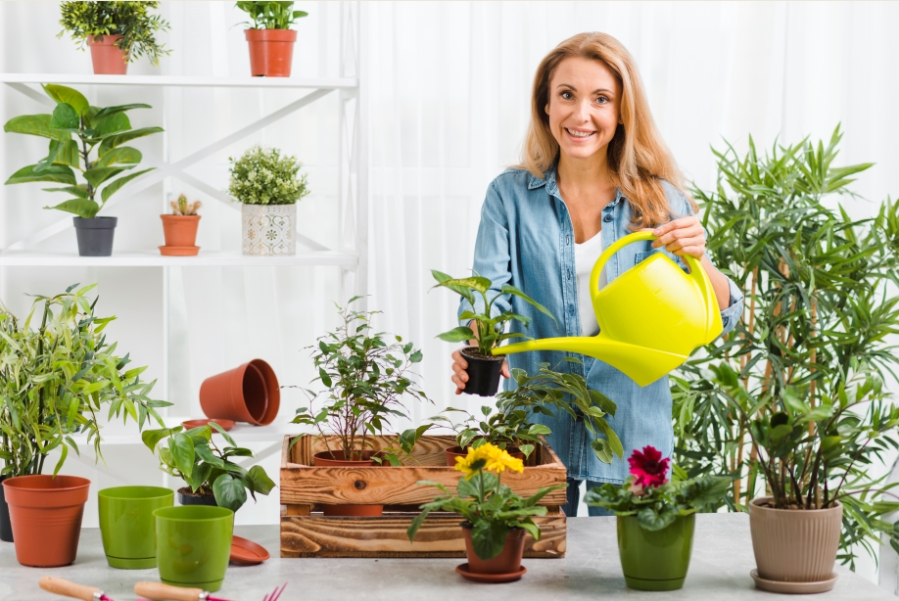
Just like any other items in your household, plants require extra care when moving to your new home. So, you definitely need to plan the move. You should have knowledge of the special precautions you must take when moving your household plants as they are delicate and easily affected by outside circumstances like climate, temperature, sunlight, humidity, etc. Long-distance specialists and packing companies may reject moving and packing your plants together with other items. As it may lie on your owner’s shoulders, we propose you to follow some recommendations.
Prepack
Start preparations 2-3 weeks before the move. Replace the plants from their ceramic or clay pots, which can easily break, and put them into plastic pots or containers. You can pack the clay pots separately. Prune larger plants for better packing. Make them compact, bushy plants that are more attractive. Pruning can be done by simply pinching back newer growth with your thumb and forefinger. Cactus and jade plants and ferns do not respond well to pruning.
You should also inspect the plants for insects or any damage and treat them if necessary. Water your plants normally 2 days before the move. Watering them just before packing them up, could potentially spill and make the rest of your items wet. At the same time, the plants will be heavier to lift, which can also increase the weight of your shipment and cost you money. If you are moving in winter months, do not over-water them - your favorite plants may freeze and die.
Packing
Pack your plants on the day that you move or in the previous night. Wrap your large houseplants with a tissue paper or an old sheet to prevent branches from breaking. Put the plants inside the boxes taking into consideration their sizes. Line the boxes with plastic bags. This will protect them from getting damaged by any water or soil spillage. When putting your plants into the boxes, make sure there is enough cushioning so as to minimize movement within the box. If necessary, use paper or towels around the base to hold the pot in place. If it is a long-distance movement, you should make holes in the tops and sides of the boxes so that the plants can breathe. Label the boxes.
Loading
Load plants in the truck 1 hour before your departure time. Do not put plants in the trunk of your car as it can damage the plant due to heat and lack of fresh air. Try to avoid direct sunlight. Wrap plants thoroughly with newspaper or paper bags to avoid letting the temperature inside your car become harmful to your plants in cold weather. When staying overnight, it is a good idea to bring plants indoors and open the boxes to expose plants to the light.
Unpacking your Plants in your New Residence
Unpack your plants as soon as possible once you get to your new home. Remove them from boxes. Find appropriate places to place them. Think about your plants’ lighting requirements. Let the plants adjust to the new outside environment before replanting them into new ceramic or clay pots. With proper attention and care, your plants will flourish in their new home.
If you have any questions or would like to know more information about moving cost, don’t be shy to contact one of the best long-distance moving companies as soon as possible. The reliable movers specialized in long-distance moving will be happy to assist your forthcoming relocation and make it fulfilled! Start your FREE moving quote and moving cost calculation right now, don’t hesitate! Wish you good luck.
You may also like
Minimalism in Your Home: Is It Just for Millennials?
5 Easy Ways to Green Your Commute
The Most Effective Steps That Help You Become More Environmentally-Friendly
Sustainable Living 101: Here Are the Changes That Can Make a Huge Difference
